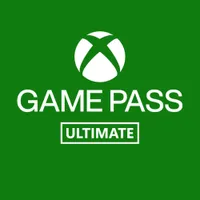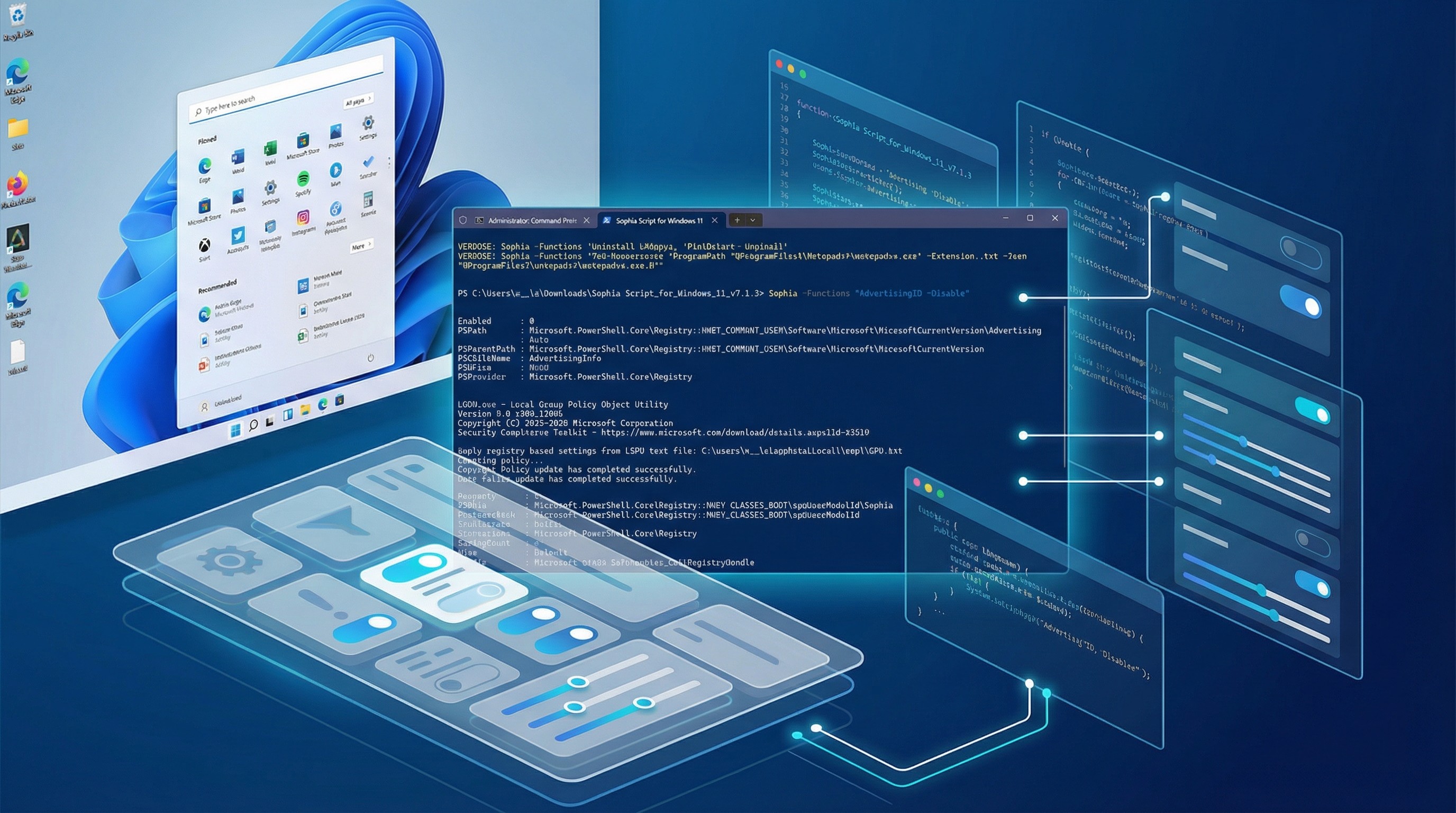The dream of NFTs in Minecraft was a lie, and Mojang Studios was right to end it
The blockchain and NFTs do not mix with Minecraft's philosophies.
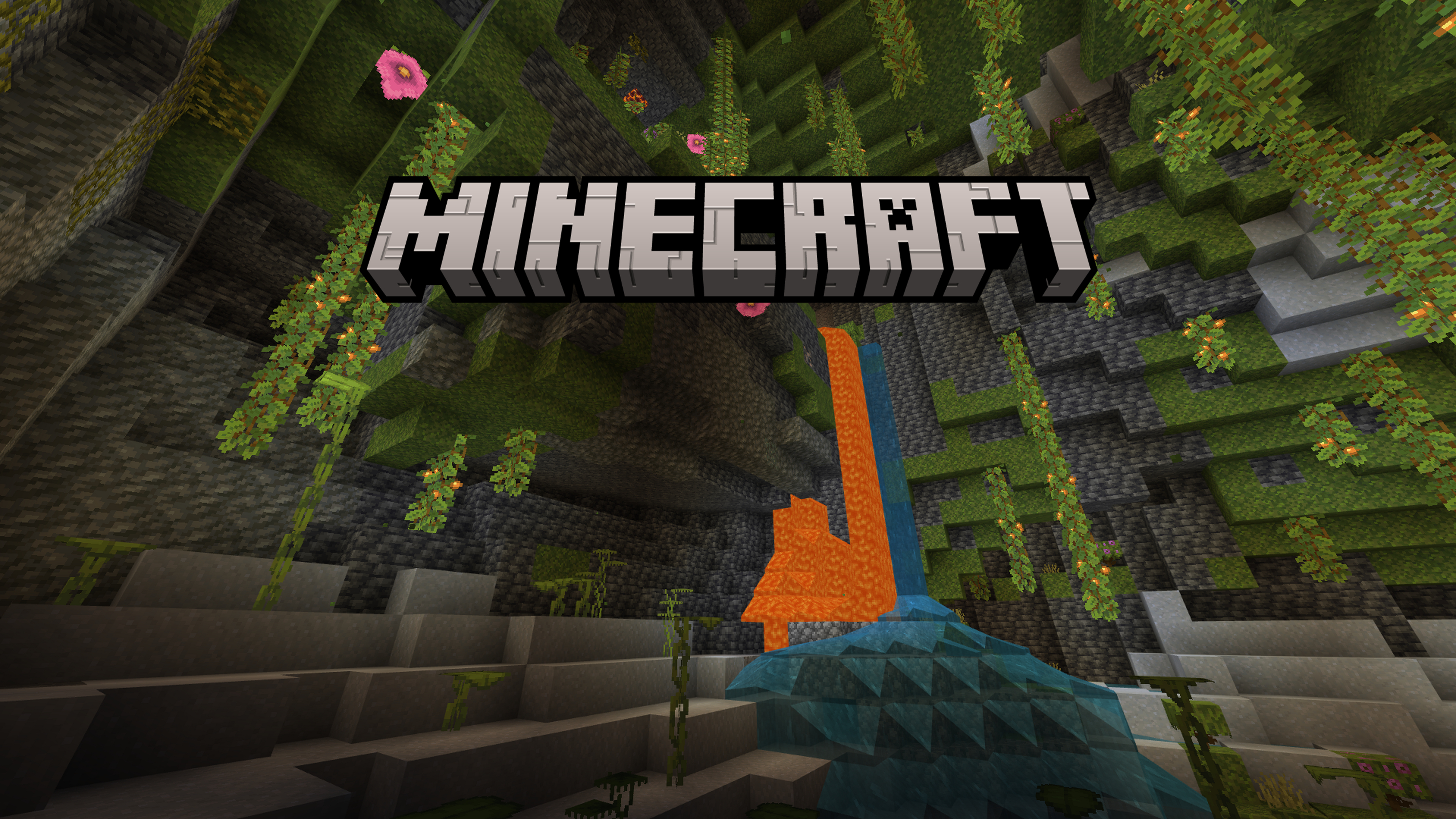
All the latest news, reviews, and guides for Windows and Xbox diehards.
You are now subscribed
Your newsletter sign-up was successful
A myriad of companies and studios have attempted to meld NFTs with video games, often to little or no success. Surprisingly, one prominent example of NFTs and blockchain tech in video games has been Minecraft, due to the efforts of third-party creators and the generally open nature of Minecraft. This short-lived era is coming to an end, however, as Mojang Studios is taking a stance against the controversial technologies in its Minecraft ecosystem.
Blockchain and NFTs are being banned from Minecraft, and the resulting reactions to the announcement from Mojang Studios have been predictably mixed. The wider Minecraft community active online appears to fully support the decision to nix NFTs from Minecraft, while those who still praise the apparent benefits of the technology have accused Mojang Studios of harming Minecraft creators. On the other hand, the vast majority of Minecraft players, who are likely unaware of the existence of NFTs in the first place, won't be affected in any way by Mojang Studios' decision.
Did Mojang Studios adhere to the settled philosophy of Minecraft and its ecosystem by preventing NFTs and blockchain from being implemented, or is this really a greed-motivated move that actively pits the studio against its creators? When you examine the history of NFTs in video games, I believe the answer couldn't be clearer — NFTs have no place inside of Minecraft.
What do NFTs look like in Minecraft?
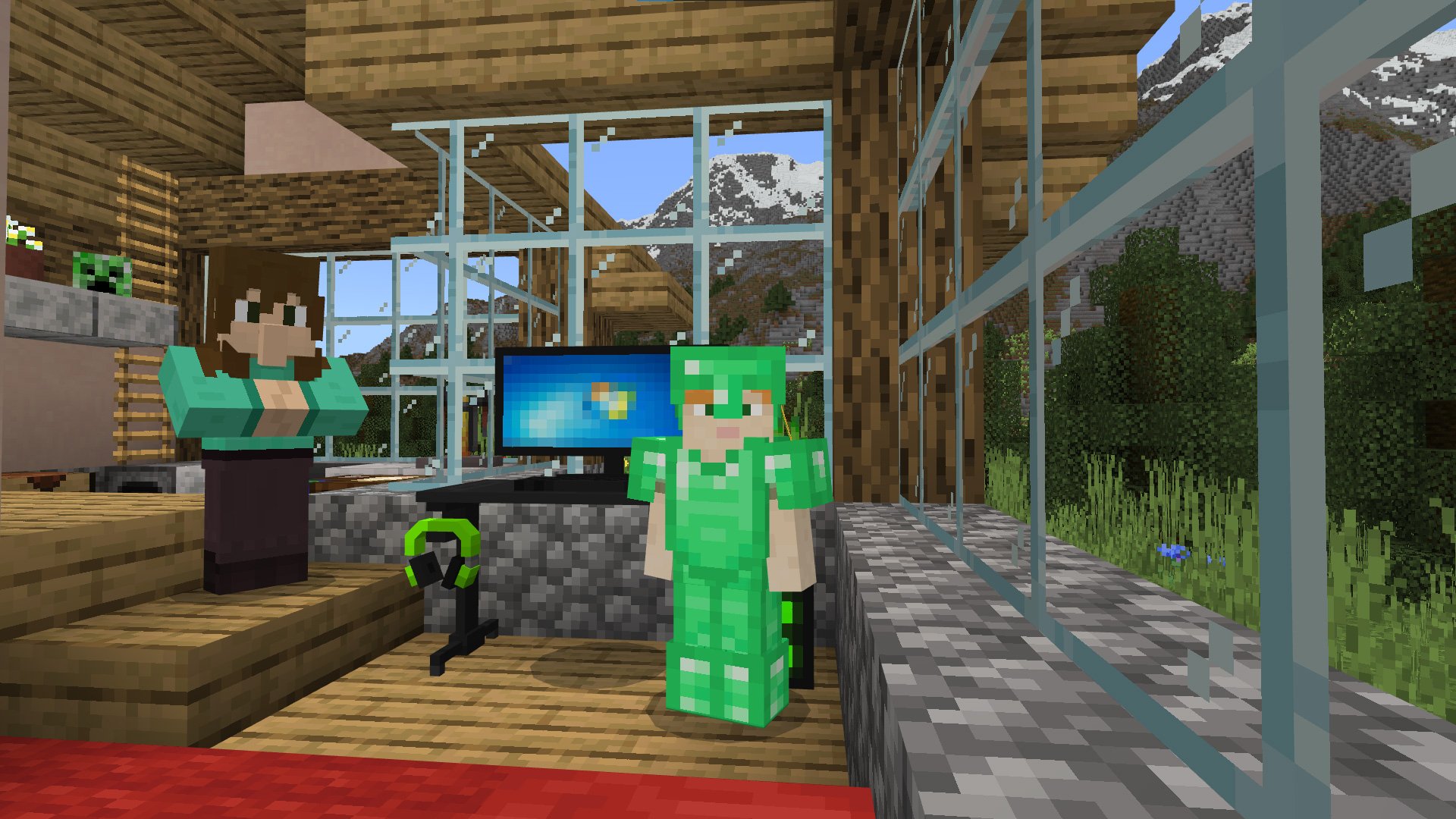
Blockchain, Web3, and NFTs are related emergent technologies that have promised to revolutionize the internet while solving a plethora of problems, but have instead been mired in controversy since their inception. To put it as simply as possible, these technologies aim to translate the unique traits of physical goods to the digital world. This means users can "own" digital products that are, in theory, completely unique and can't be replicated. This leads to the idea of artificial scarcity or exclusivity for digital art, collectibles, and other mediums, as well as the idea that a single digital product can maintain its identity across the entire internet. The blockchain also aims to be "decentralized," meaning the power and value of its economy is entirely in the hands of its users, at least in theory.
Many who support NFTs and the surrounding tech quote the benefits of your online presence being an investment that increases in actual value over time, with digital goods you own capable of being sold or traded with other online users. Applying this to video games leads to a "play-to-earn" mindset that promises you can earn real money while playing amazing video games, or in-game items you own that can move from game to game seamlessly.
In reality, these technologies have proven to be easily exploitable, incredibly volatile, environmentally damaging, and harmful to uninvolved independent creators. The NFT economy has fluctuated wildly, and the "problems" that the tech promises to solve still remain. Video games featuring NFTs have failed to deliver on their ambitious promises or win over the gaming community's hearts, while potentially having adverse mental health effects on players intrigued by the idea of earning money while playing video games. Ubisoft's foray into NFTs has featured on Windows Central twice, with the massive company's presence making its irrefutable example of shameless greed stand above the countless other examples that have plagued NFTs in video games.
NFTs and surrounding tech have proven to be easily exploitable and incredibly volatile.
Minecraft is one of the most successful and popular video games of all time, and maintains a philosophy of freedom and creativity across its entire platform. Players are empowered to play however they want, while moving between countless worlds and servers built and maintained by the thriving Minecraft community. The Minecraft ecosystem has been evolving for over a decade, making it a prime target for the promises of blockchain and NFTs.
All the latest news, reviews, and guides for Windows and Xbox diehards.
Arguably the most prevalent source of blockchain technology in Minecraft is NFT Worlds, a play-to-earn gaming platform built on the Ethereum blockchain. NFT Worlds takes advantage of Minecraft's existing open-source ecosystem to entice dozens of developers to build custom game modes and worlds, and to sell in-game items, content, and experiences. It's all powered by its own unique cryptocurrency token and blockchain-backed UI that encourages players to invest in NFT Worlds. The platform apparently boasts thousands of players and worlds, all tempted by the promise of an all-encompassing gaming experience that rewards you for your invested time and money.
NFT Worlds is surrounded by aggressively positive messaging touting the benefits of its platform, and its bold promises have persisted even after the news that Mojang Studios is blocking all blockchain technologies from its platform. Still, the value of the NFT Worlds cryptocurrency has steadily declined over recent months to a fraction of its peak, and continues its downward trend despite inconsistent day-to-day fluctuations. NFT Worlds also does little to assuage the concerns regarding blockchain and NFT that have dominated conversations surrounding the tech.
A decision set in stone
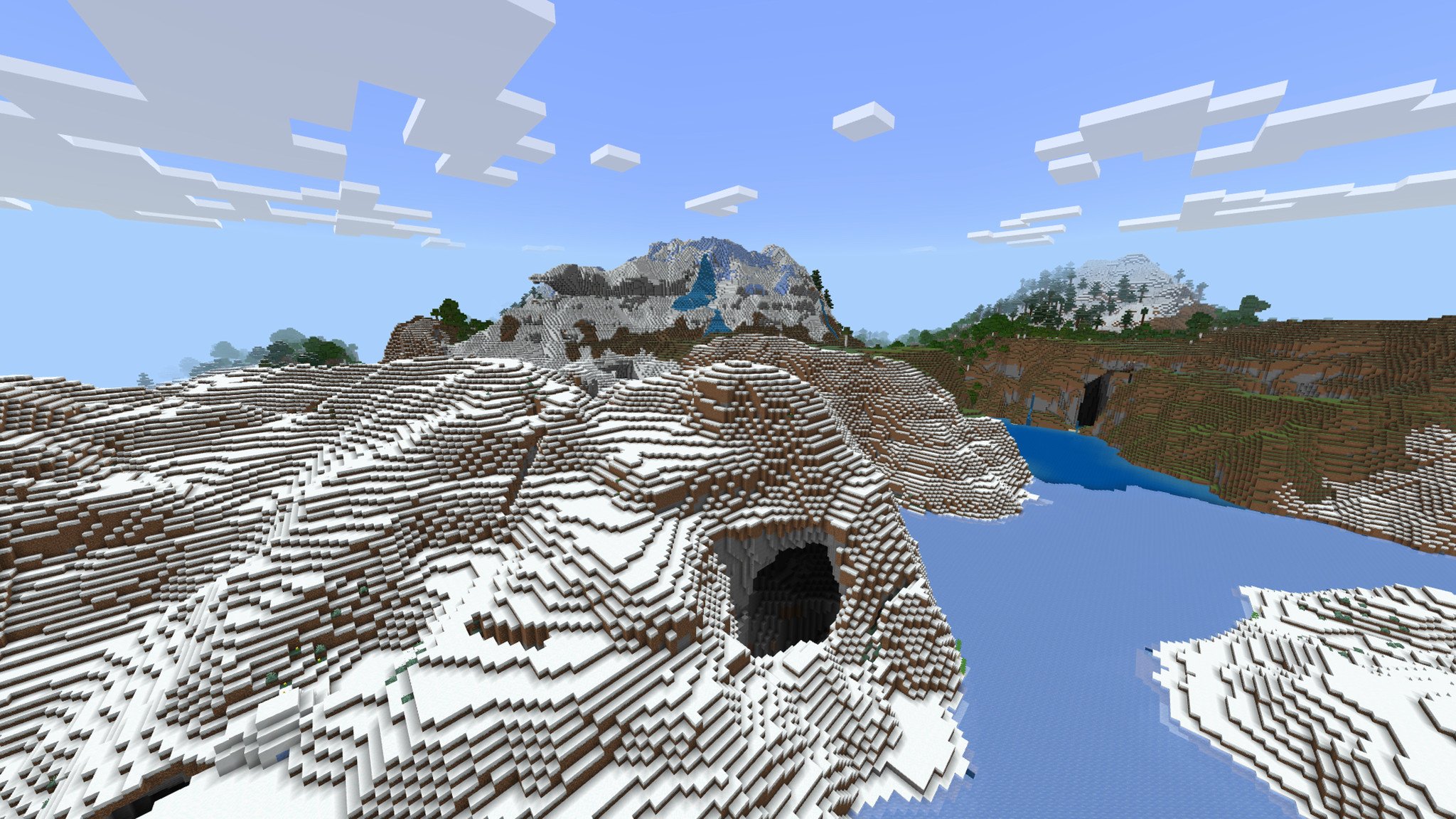
On July 20, 2022, Mojang Studios finally broke its silence on the use of blockchain within its platform and published its official stance. Mojang Studios left little room to debate its decision during the announcement, stating that "blockchain technologies are not permitted to be integrated inside our Minecraft client and server applications, nor may they be utilized to create NFTs associated with any in-game content, including worlds, skins, personal items, or other mods."
Almost as soon as it had arrived, blockchain tech in Minecraft would be departing. This decision was followed by an overwhelmingly positive reaction from the Minecraft community, with many applauding Mojang Studios for standing against what they see as a blatant scam. Of course, those who still believe in the slowly failing NFT promise, like the users and creators of NFT Worlds, rallied against the decision as an apparent attack on creative freedom.
Mojang Studios' decision was followed by an overwhelmingly positive reaction from the Minecraft community.
In NFT Worlds' latest announcement detailing its plans for the future, the platform stated, "Microsoft, Mojang Studios, and Minecraft have signaled they have no regard for creators, builders, and players if at any moment a new idea or vision conflicts with any internal politics or opinions of their power holding minority; regardless of their public-facing ideals around creators and developers they say they uphold."
On one hand, Mojang Studios insists that it is maintaining Minecraft's philosophy and protecting its players without holding back creators, while blockchain creators claim that the move is actively detrimental to both creators and players who are interested in taking advantage of new technologies. So, where does the truth lie?
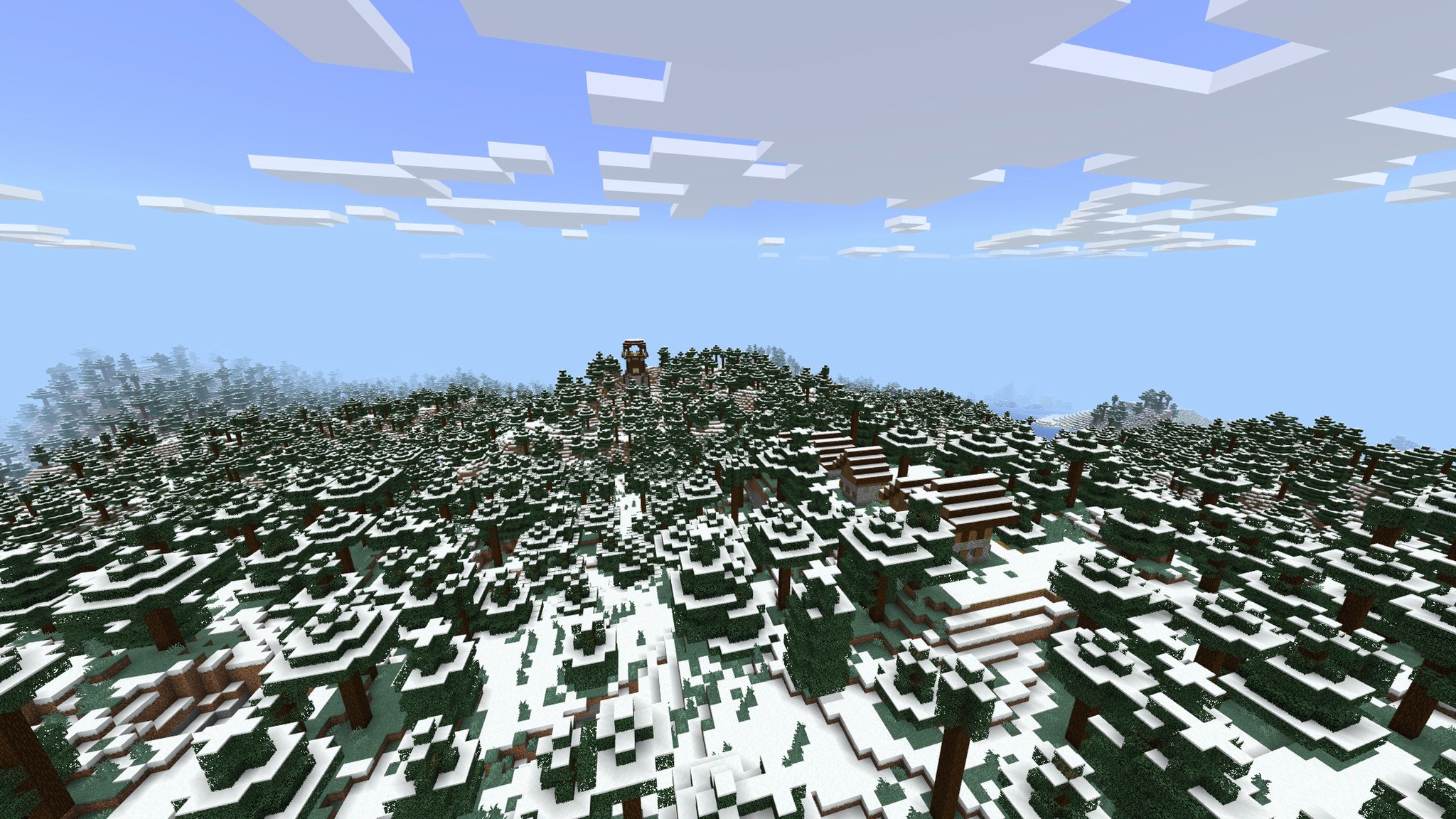
Minecraft as a base game has enjoyed a never-ending stream of post-launch support and content updates since its debut, all hand-crafted by the talented developers at Mojang Studios, but that isn't all that has kept the sandbox survival game going so strong. Minecraft's community consists of millions of players and thousands of creators, all of whom contribute to a bustling ecosystem of custom content, servers, worlds, mods, items, skins, packs, and more.
Mojang Studios fully supports these creations, and encourages developers to push the boundaries of what a video game can be. We've seen some genuinely incredible Minecraft creations over the years, from educational movements like the Uncensored Library to influential efforts like the Autcraft server, that teach, inspire, embrace, and empower players. Anything is possible in Minecraft, and that was true long before the introduction of blockchain and NFTs.
For years, these creators have also been able to thrive inside Minecraft from a financial standpoint, with passionate players supporting their favorite creations both in and out of the game. Mojang Studios' Minecraft Marketplace, an in-game hub for Minecraft: Bedrock Edition creations, has paid hundreds of millions of dollars to creators since it opened its doors.
Minecraft is already a beacon of creative freedom, without injecting the inherent greed of NFTs.
Because Minecraft is the singular platform that connects it all, players can access this vast array of experiences with one account, and be rewarded with the sheer fun of creativity rather than hooked by the misleading promise of monetary gain. Everything I've described is what Minecraft has always been, and blockchain technology doesn't add anything meaningful to this legendary game. Minecraft is already a beacon of creative freedom, without injecting the inherent greed of NFTs.
When Windows Central reached out to Mojang Studios and Microsoft on the subject, a Microsoft spokesperson opened by saying, "Many of the foundational reasons to enforce a ban on NFT projects are in-line with our existing guidelines around maintaining a level playing field and avoiding scenarios where players are taken advantage of."
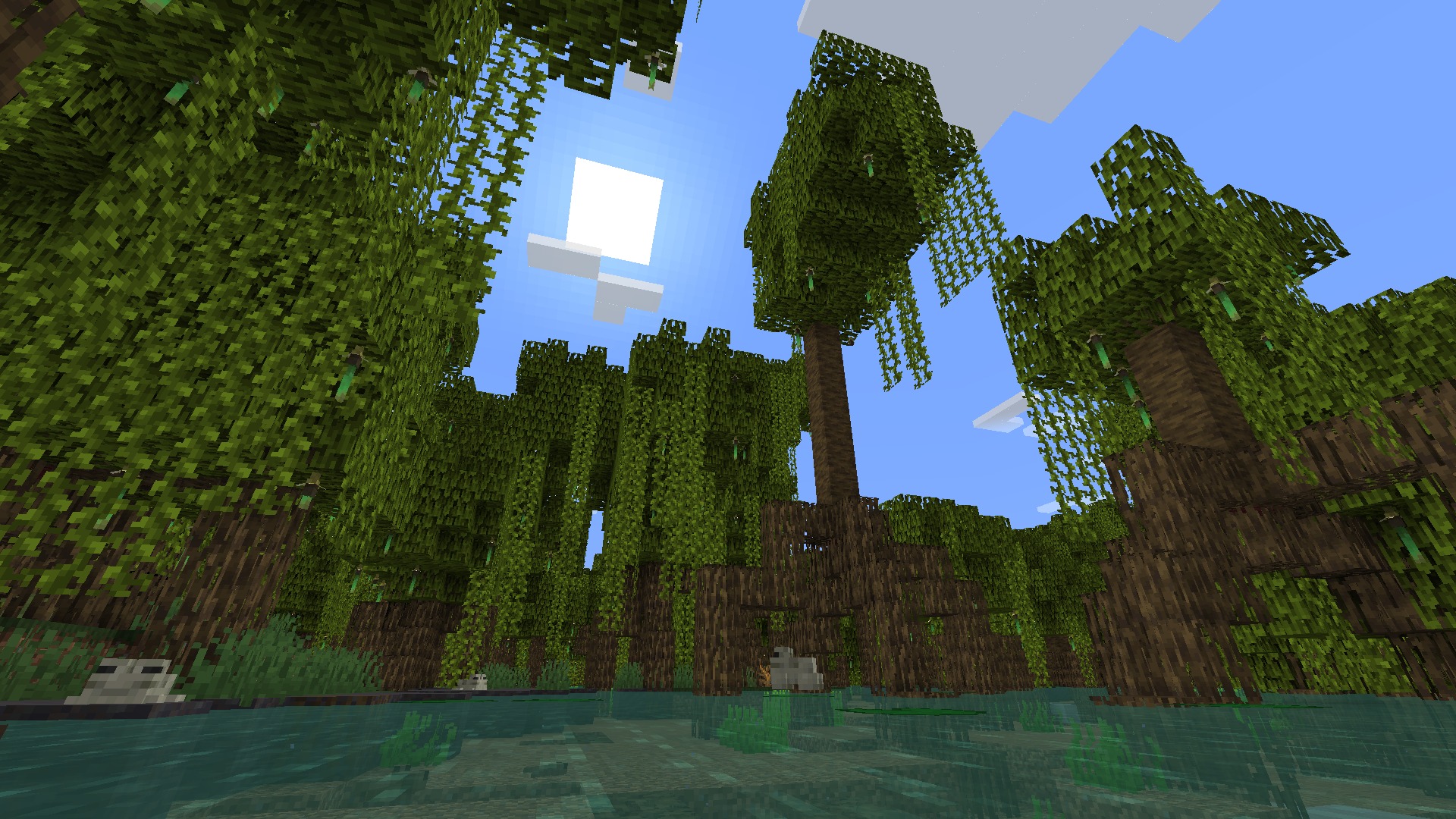
While it sounds appealing on paper to be financially rewarded for playing Minecraft, or to have your digital items be granted artificial scarcity and monetary value, the reality is that blockchain technology and NFTs are fundamentally antitheses to Minecraft's values of creative inclusion. With them, Minecraft ceases to be a fun game accepting of players of all kinds, regardless of their skill level or any other factor; it becomes a virtual stock market rife with lifeless profit-motivated gameplay and design, unpredictable and speculative values, and exploitative profiteering mindsets that place a disproportionate amount of power in the hands of the platform holder.
Cryptocurrency economies don't magically produce a perpetual stream of income for all their participants — they funnel the invested money of the majority into the pockets of the minority. Pushing this through the medium of video games is even more egregious, as it promises that the entertainment for which we've all been willingly paying will suddenly begin paying us. Everyone wins, so what's the harm? Blockchain tech has existed for a tiny amount of time in the grand scheme of things, especially in video games, and the end result has shown the dream is a lie.
Looking to the future
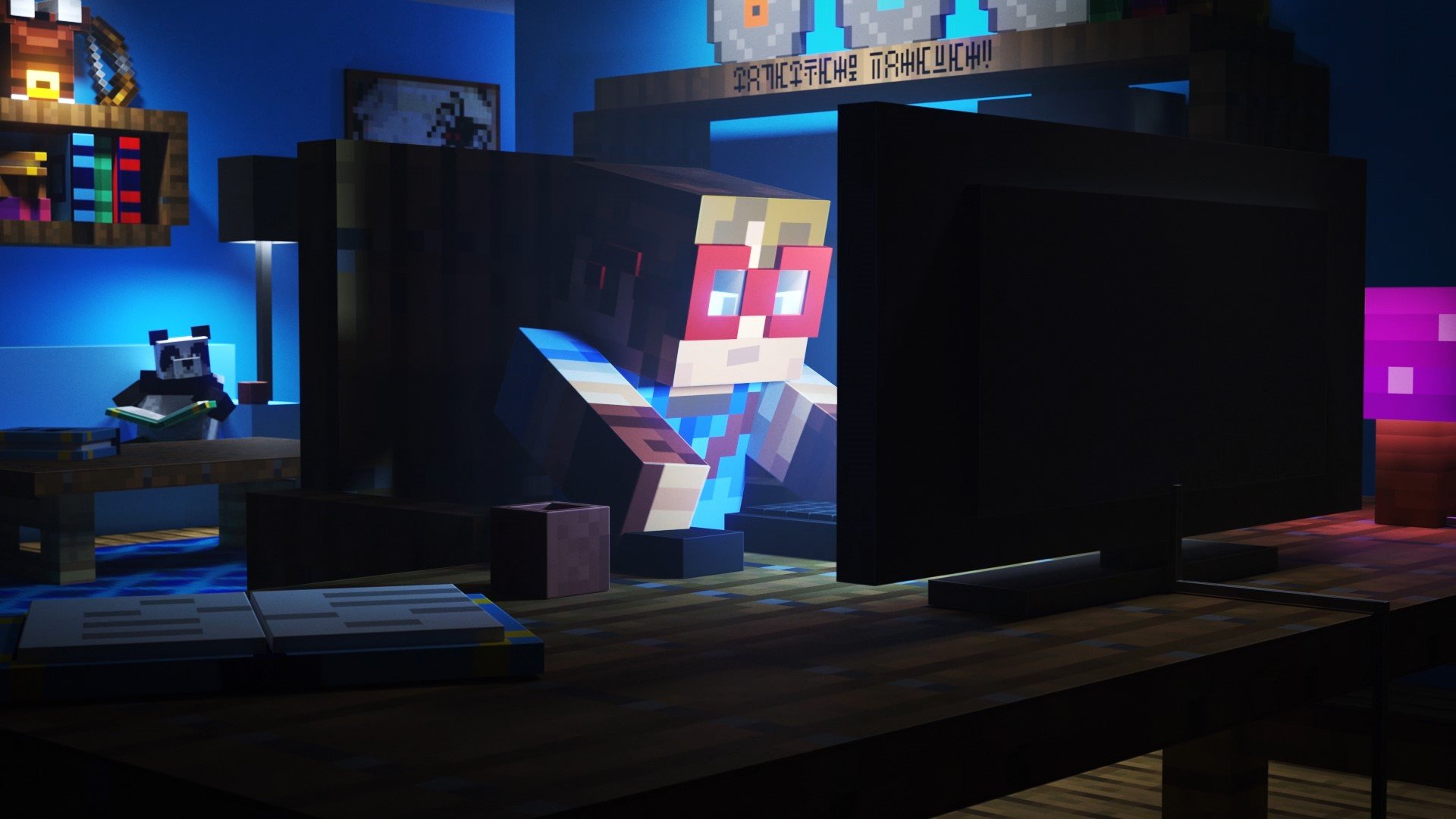
Mojang Studios is working on the final language for its updated Minecraft usage guidelines, and will publish the changed terms in the near future. However, the company isn't resting comfortably elsewhere and is already preparing for the blockchain tech and NFT ban to fall into place. "We will begin enforcement against servers with blockchain and NFT integrations when we formally update our guidelines. We are actively engaging the community and server owners now," a Microsoft spokesperson informed me.
This move is part of Mojang Studios' plans to enforce these restrictions once the guidelines are active, according to the statement provided to Windows Central. "We will enforce the ban on blockchain and NFTs in the same way we take action against other content that is against our guidelines; we notify the owner, give them an opportunity to make changes or remove the content, and if necessary, take legal action."
The majority of Minecraft players and creators won't be affected by these changes in any way, but it has certainly been disconcerting for members of the NFT-supporting community. NFT Worlds, for one, has been very vocal about its opinions of the ban and its intentions moving forward.
NFT Worlds is removing blockchain and cryptocurrency integration in lieu of the ban, but is still committed to updating its worlds with new, non-crypto features to attract new players. Apparently, the only draw of the "NFT" portion of NFT Worlds is the NFTs themselves, as the platform's content operates like normal without the blockchain. In the background, the company is attempting to bring together developers and funding to create an entirely new, Minecraft-inspired game to house its blockchain platform.
NFT Worlds is setting out to build a blockchain-based Minecraft-that-is-not-Minecraft.
We've seen other ambitious plans to build video games entirely in the blockchain, and several have managed to accrue significant funding to bring their plans to fruition. Some of these examples have already fallen apart or been revealed as scams, while others remain in a limbo that may or may not ever see the light of day. NFT Worlds is promising to build a modernized and revitalized open-source gaming platform inspired by Minecraft's best mechanics and game design, and it'll be free-to-play and play-to-earn.
With a roster of Minecraft's "top visionary developers" and a "warchest of funds," NFT Worlds will build a Minecraft-that-is-not-Minecraft — but without Minecraft's decade of consistent development — built on the blockchain as a self-sustaining ecosystem that rewards players for their time, and with backward compatibility with all of Minecraft's server plugins and practices, so that none of NFT Worlds' existing content is lost. If that seems to good to be true, precedent suggests that it is. It'll be interesting to witness the results of these efforts in the not-so-distant future.
In the meantime, Mojang Studios' decision to deny blockchain developers access to Minecraft's established open-source ecosystem, which has thrived for years as a shining example of collective creative freedom, is the inevitable conclusion after observing the effects of NFTs and its surrounding tech in other areas of the video game industry. Contrary to the claims made by NFT supporters, Minecraft's philosophy of an ecosystem upon which anything can be built stands in direct opposition to a gaming platform that is fueled entirely by the pursuit of profits and exclusivity.
Ultimately, practically nothing will change for the Minecraft community following the blockchain ban in Minecraft. Outside of these discussions, many players will never even know it was a problem. If the blockchain and NFTs do have a place in video games, though, it isn't in Minecraft. I'm happy that Mojang Studios is putting its foot down to protect the unique creative haven it and Minecraft's vibrant, diverse community have cultivated over the years.
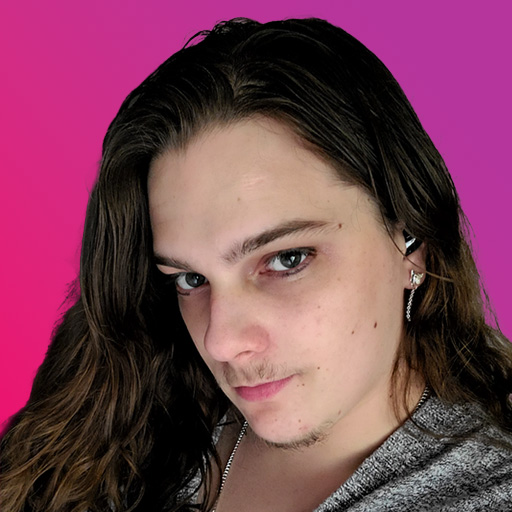
Zachary Boddy (They / Them) is a Staff Writer for Windows Central, primarily focused on covering the latest news in tech and gaming, the best Xbox and PC games, and the most interesting Windows and Xbox hardware. They have been gaming and writing for most of their life starting with the original Xbox, and started out as a freelancer for Windows Central and its sister sites in 2019. Now a full-fledged Staff Writer, Zachary has expanded from only writing about all things Minecraft to covering practically everything on which Windows Central is an expert, especially when it comes to Microsoft.
